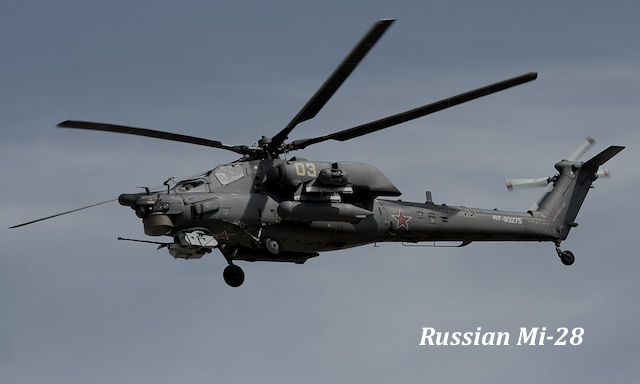CHAPTER FIFTY
Crossing the Rubicon
The ship’s fantail had been abandoned, in the Lindy’s pell-mell run for the open sea. After a while, heads reappeared over the high lip of its solid steel railing.
“Indy, how are you doin’ down there?” I heard Don yell into his radio.
















Don's Miss any Updates or New Chapters
Join our mailing list to receive the latest news and updates from our team.
You have Successfully Subscribed!